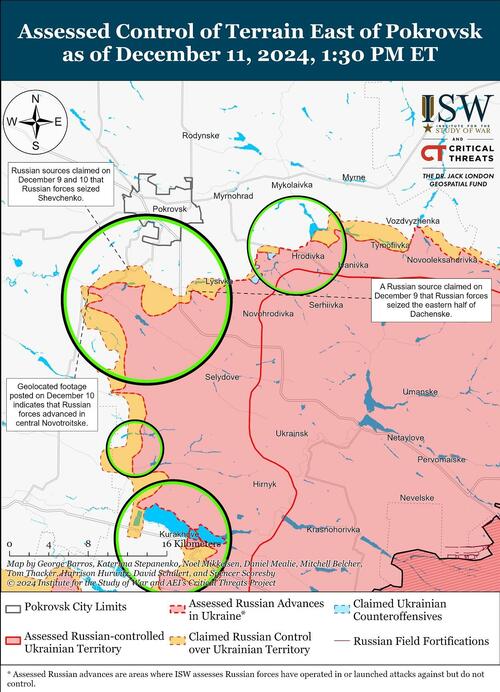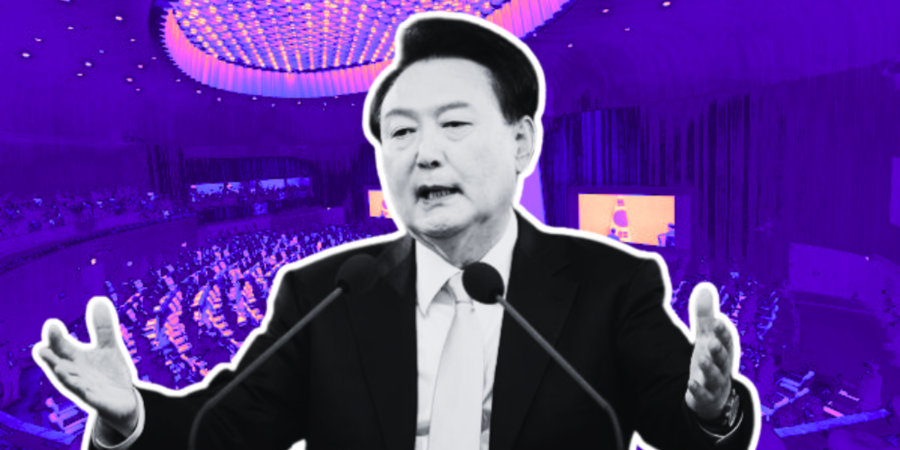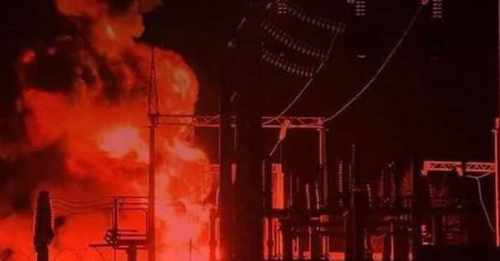Authored by Vijay Jayaraj via RealClearWire,
The climate movement’s annual showpiece, the United Nation’s Conference of Parties (COP), held this year in Baku, Azerbaijan, has been exposed to an unprecedented level of disinterest—even dissent—from developing nations.
Leaders of some of the world’s most resource-rich, economically aspiring countries have opted to sit this one out, sending only low-level delegates, if any. This is the latest signal of a growing resistance to an anti-fossil fuel “gospel” advanced by the United Nations.
Last year’s COP28 in the Middle East, where oil wealth underpins entire economies, forced the climate community to confront its contradictions. Today, COP29 in central Asia continues this reckoning and presages the demise of an unscientific and anti-developmental policy framework wrecking global economies.
Host of COP29 Educates Climate Woke Delegates
The tone of COP29 itself is a marked departure from prior gatherings. In Azerbaijan, where oil and gas production are integral to the national economy, the summit’s host, Azerbaijani President Ilham Aliyev, called fossil fuels “a gift from God,” lauding their contribution to global prosperity and stability.
Fossil fuels have moved from being a taboo “elephant in the room” to a subject of open discussion at COPs. The leaders of countries in Africa and Latin America are freely questioning the premise of banning their use of fossil fuels while much of the developed world continues to consume record amounts of coal, oil and natural gas. The notion that high-income nations can dictate the energy agenda is seen as a remnant of a power structure that primarily serves the interests of the world’s most privileged.
The International Energy Agency projects that developing countries will see substantial growth in energy demand over the next decade, an expansion that cannot be met by renewables. Leaders in these regions understand that hydrocarbons are critical to achieving their development goals.
Unprecedented Pullout From COP Conference and Resistance From Global South
In a surprising move, Argentina’s newly elected president, Javier Gerardo Milei, withdrew his country’s 80-person delegation from Baku less than a third of the way into this year’s 11-day COP. He cited the need for pragmatic energy policies that encourage development rather than stymie it.
For Milei, whose presidential campaign was based on a pro-business, anti-bureaucracy platform, the message is clear: Policy must serve the economic needs of his country first. Argentina’s ongoing energy crisis, its untapped shale gas reserves and a crippling economic situation demand a level-headed approach that prioritizes national interests over global climate ideals that are both batty and corrupt.
Milei’s political philosophy resonates with a growing number of leaders in the Global South who view economic growth as paramount and recognize that access to energy is fundamental to achieving it.
Argentina’s departure from COP29 is a turning point that should serve as a wake-up call to the U.N. and its allies. The time for one-size-fits-all mandates is over. The rigid orthodoxy of fossil fuel divestment pushed by the U.N. and wealthy nations is losing ground, challenged by leaders who refuse to sacrifice their national interests to a destructive agenda.
For much of the Global South, the idea of an immediate energy transition remains, at best, aspirational and, at worst, profoundly out of touch. The reality is that fossil fuels still power 80 percent of global energy consumption. This isn’t just an inconvenient truth; it’s an inescapable basis of modern civilization that developing nations understand viscerally.
As the COP29 circus concludes in Baku, the world is seeing the crumbling of the long-held illusion that a global transition to green energyis feasible, much less fair and desirable. Developing nations are proclaiming that they will not be deprived of necessary energy sources by nations that continue to feast on the very fossil fuels they frown upon. The disconnect between rhetoric and reality is stark, and developing countries are calling attention to it.
Fossil fuels are not a relic of the past; for many countries, they are the key to a prosperous future—truly “a gift from God.”










